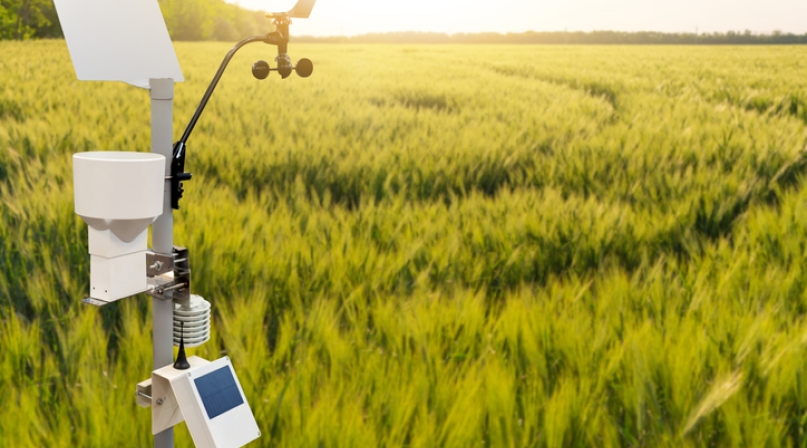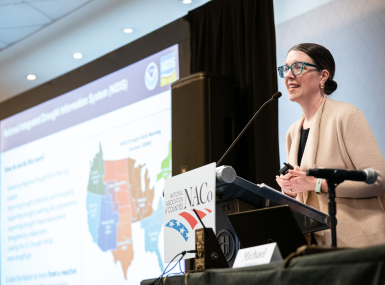U.S. Department of Agriculture accepting applications for $1 billion Climate-Smart Commodities program
Author
Upcoming Events
Related News

Key Takeaways
The U.S. Department of Agriculture is currently accepting applications for the $1 billion Climate-Smart Commodities program to assist producers implementing climate-smart practices on working lands. The program will fund pilot projects that reduce greenhouse gases and/or carbon sequestration on farms or ranches, or within forestry practices. USDA recently held a webinar on the program for eligible applicants, including counties, and also extended the application deadline. Applications for the first funding pool ($5 million to $100 million projects) are due on April 8, and applications for the second funding pool ($250,000 to under $5 million projects) are due on May 27. To view the Notice of Funding Opportunity, click here.
The Climate-Smart Commodities program will fund projects for counties, small businesses and other eligible applicants to implement agricultural or forestry practices that include, but are not limited to:
- Cover crops
- Low-till or no-till
- Nutrient management
- Enhanced efficiency fertilizers
- Manure management
- Feed management to reduce enteric emissions
- Buffers, wetland and grassland management, and tree planting on working lands
- Agroforestry and afforestation on working lands
- Afforestation/reforestation and sustainable forest management
- Planting for high carbon sequestration rate
- Maintaining and improving forest soil quality
- Increase on-site carbon storage through forest stand management
- Alternate wetting and drying on rice fields
- Climate-smart pasture practices, such as prescribed grazing or legume interseeding
- Soil amendments, like biochar
USDA anticipates funding to be available as early as summer 2022 and projects may be between 1-5 years. For more information on the program, visit the program page or view the FAQs.
Agriculture and related agribusiness remain a vital part of the U.S. economy and are a major contributor to economic activity throughout the world. As stewards of the environment, counties support agricultural reforms that will protect and improve the health of the environment of all Americans through the promotion of environmental stewardship and conservation.
Advocacy
FEMA announces $2 billion in funding to boost climate resilience nationwide
The U.S. Federal Emergency Management Agency is making nearly $2 billion available for state and local governments through the Flood Mitigation Assistance and Building Resilient Infrastructure and Communities grant programs, enabling engagement in pre-disaster mitigation activities.

Related News

NOAA outlines help for counties navigating drought’s growing risks
In April, the National Integrated Drought Information System will launch the Mid-Atlantic Drought Early Warning System, which will help county officials allocate resources and attention to mitigate drought-related disasters.

California counties fight agricultural crime
Sheriffs' offices and prosecutors in California's central valley make specific efforts to prevent and prosecute crimes against the agricultural community.

House Agriculture Committee introduces 2026 Farm Bill
On February 13, House Agriculture Committee Chairman G.T. Thompson (R-Pa.-15) introduced the House version of the 2026 Farm Bill, the Farm, Food, and National Security Act of 2026.
